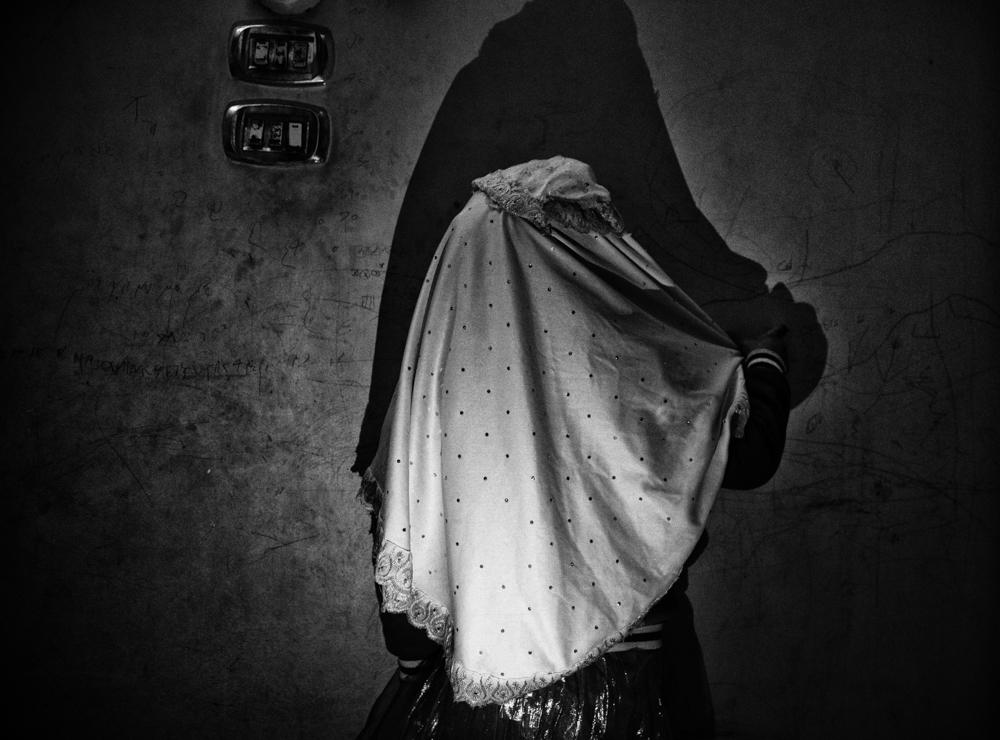Experiential Extensions: On Somaya Abdelrahman's A Permanent Wound
Considered in many communities a rite of passage for women, Female Genital Mutilation (FGM) is referred to by the World Health Organisation as the “…partial or total removal of the external female genitalia or other injury to the female genital organs for non-medical reasons.” A viscerally painful custom in violation of human rights, it is usually performed by older females on young girls; the practice has continued through generational persistence. Egypt currently records the highest number of FGM cases in the world despite an official legislation in 2008 banning the same. Called “khatna,” “khetan,” “tehara” and allied variations in vernacular tongues, FGM has no scientific, medical or religious ground, and is deeply rooted in suspicion and traditions of control.
Made with support from the Arab Documentary Photography Program in partnership with the Prince Claus Fund and the Magnum Foundation, Somaya Abdelrahman’s series, A Permanent Wound, captures this stark reality through frames, reflections and veils in monochrome—elements that imbue the clandestine subject matter with a sense of dreaded anticipation. The series captures the women who undergo FGM (mostly without knowledge about its dangers) as well as the older women who have internalised the belief that the circumcision is directed towards keeping female sexuality in control, and by extension, “purify” them for their future husbands.
In her artist statement, photographer Abdelrahman says:
“I was circumcised at the age of ten, and remember the day as the worst of my life. To heal my mind, I made a visual documentary of stories of women and girls who experienced FGM at some point in their lives. I firmly believe that visuals bolster a cause, and this is my means to encourage survivors, and more men, to rebel against the practice.”
A hetero-patriarchal norm premised on its association with female dignity and honour, FGM continues to be performed despite legal deterrence in various parts of the world, including among the Dawoodi Bohra community in India. It results in severe survivor trauma which entails long-term healing processes (in spaces that allow for post-traumatic safety). Through her work, Abdelrahman intends to attract the attention of relevant bodies and organisations working in the direction of eradicating the practice at the grassroots in the hope that the coming generations of young girls do not suffer this abuse of bodily autonomy and consent.
All images and captions by Somaya Abdelrahman. From the series A Permanent Wound. Images courtesy of the artist.
Click on the image to view the album





